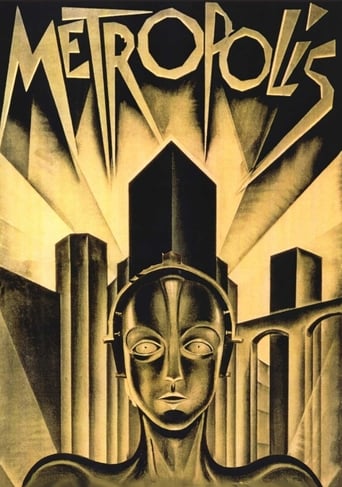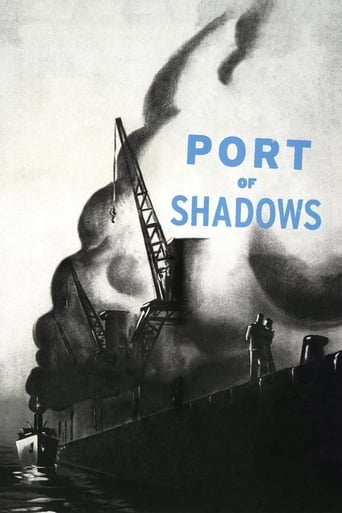Eugen Schüfftan
Eugen Shufian・ Shuftan ・E. Schufftan・Eugen Schuefftan ・Eugen Schufftan・Eugen Shuftan・Eugene Schufftan・Eugene Shufftan・Eugene Shuftan ・Schuefftan・Schufftan
From Wikipedia, the free encyclopedia Eugen Schüfftan (21 July 1893, Breslau, Silesia, Germany, now Wroclaw, Poland – 6 September 1977, New York City) was a German Jewish cinematographer. He invented the Schüfftan process, a special effects technique that employed mirrors to insert actors into miniature sets. One of the first uses of the process was for Metropolis (1927), directed by Fritz Lang. The technique was widely used throughout the first half of the 20th century until it was supplanted by the travelling matte and bluescreen techniques. Schüfftan won the 1962 Academy Award for Best Cinematography, Black-and-White for his work on the film The Hustler.
| Known for | Camera |
|---|---|
| Born | 21 Jul 1893 |
| Died | 6 Sep 1977 |
| Place of birth | Breslau, Silesia, Germany [now Wroclaw, Dolnoslaskie, Poland] |

